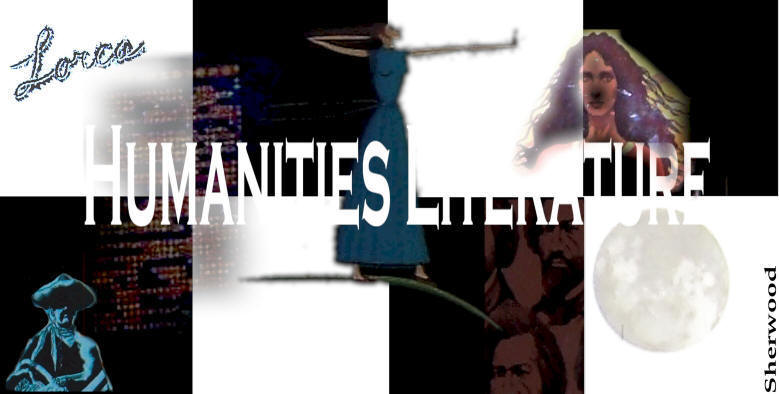|

|
| |
|
|
Ideology, and the
Violent emergence of Subjectivity
in the Early Chapters of the Invisible Man. |
|
Following the prologue, the initial
chapters of Ellison's Invisible Man take up the narrator's youth and growth,
unfolding a process whereby the "self" comes to be aware of its nature as a
subject. We will look at some of the scenarios and encounters that display
to readers and the narrator how others see him, revealing the "subject
position" to which he is called. At the same time, we will try to be aware
of the way in which the narrator's own ideology shapes what he sees and
cannot see (and how this is sometimes different from our own).
|
Discussion Point A:
Chapter 1 – The key "concept" scenarios in this chapter would have to
include the following? What do these scenes tell us about the developing
subjectivity of the narrator?:
|
1. the confusing deathbed
advice of the grandfather (16);
2. the conflicted emotions and perhaps empathy provoked by the stripper
(19-21);
3. the battle royal and the paradoxes of loyalty, subordination, and
individiualism it represents for the narrator (24-26)
4. the speech and "reward" of a scholarship to college (30-33)
|
Discussion Point B:
Chapter 2 – finds the narrator giving a tour of the campus and the
contrasting neighborhood for a trustee at his college, Mr. Norton.
|
1. How does Mr. Norton
conceive of his relationship to the narrator? Can you consider it an
ideological position? Does the narrator see them as bound together?
(37-41, 44-45)
2. How would you distinguish what the Narrator is supposed to show
Norton from what he actually sees? How would you distinguish the
reactions of the two men to Trueblood's story?
3. What does the surprising charity shown to Trueblood after he commits
incest say about the ideology of the locals in relation to that
informing the college?
4. How are the name "Trueblood," the "embarassingly" "primitive
spirituals" he used to perform as entertainment (47), and the scandal
connected as threats to the Narrator's sense of himself
|
Discussion Point C:
Chapter 3 – enriches the oppositions between white and black,
"uplift"ing college and downtrodden locals. As the Vet (a war veteran,
former college student, and former M.D.) recounts his story, its purpose
and effects seem to shift. How do Norton and the narrator respond to the
Vet's speech? How are we invited to respond as readers? Do we see things
that the narrator cannot?(91-95)
|
|
|
| |
|
Courses |
Sherwood |IUP
English |
IUP
Last Updated:
09 December, 2008 |
